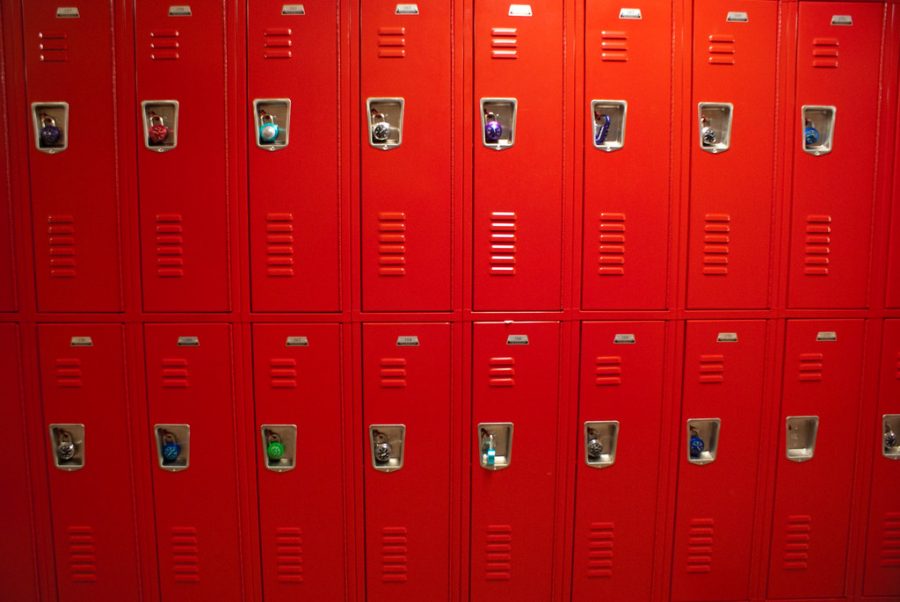Nelson: We Need to Support Students with Disabilities
“Gender inclusion procedures must be adopted by each local school board in the state of Utah to help foster widespread acceptance in our communities and facilitate greater visibility for students and faculty who are gender non-conforming.” (Courtesy Flickr)
September 26, 2020
Take a moment and think about the people that used to sit near you in lectures. Look around at the people in your zoom classes. Think about your family, friends and the strangers you pass on a daily basis. We all know the saying “you never know what someone is going through,” but it couldn’t be more true this semester. Disabilities can be physical, mental or a combination of the two. They can impair movement, learning, mental health and so much more. When people think of “people with disabilities” they may be relying on preconceived stereotypes. They might not realize the great amount of diversity within the disability community. As of 2019, 61 million Americans — 26% of adults — struggle with some sort of disability. During the COVID-19 pandemic, people with underlying medical conditions need and deserve more accommodations to keep them as safe as everyone else.
Students with disabilities are protected under the Americans with Disabilities Act which ensures that education is accessible to all people. The ADA requires that buildings are accessible to all students who need access may mean creating ramps and wheelchair-accessible doors. The ADA can also require changes to classroom environments such as hiring ASL interpreters and providing alternate testing. If needed, the curriculum can be modified to accommodate needs that aren’t being met. Students with disabilities are most often protected under two different plans.
504 plans are for students who struggle with a disability that limits their daily activities in a major way. This plan allows for extensions on timed tests, flexible due dates, and breaks during class if needed. Each university outlines 504 plans differently and each student’s plan might look different from others’. An IEP, or individualized education program, is required for a student to receive special education. IEP plans provide even more flexibility and extra help for students. The purpose of both plans is to give all students an equal opportunity at academic and personal success.
In times of uncertainty, people with disabilities are faced with even more adversity. It’s no secret that students, parents, and educators have all been impacted by COVID-19. For students with disabilities, it’s crucial to lay out exactly what is expected of them. This means clearly relaying due dates and explaining how to engage with professors and peers. It means setting reasonable expectations and being honest about what both professors and students need from each other.
This will create a healthy and safe environment for students to feel confident to speak up and ask for help. It is also imperative that there are multiple ways for students to communicate. This could be through zoom, email or a class discussion board. It also means that students need to communicate with their professors about any needed accommodations. When working with students, empathy and support can make a world of difference. It isn’t always easy teaching students with disabilities, but it isn’t always easy for the students either. Be patient and offer extra help whenever you can to make these trying times a little easier for everyone.
The University of Utah has done a pretty good job of making this transition to online school easier for those with disabilities. That being said, the Center for Disability Services shortened their hours due to COVID-19 for the fall semester and isn’t currently allowing walk-in appointments. All of the staff are available virtually and students can schedule appointments on calls with them if you have questions or concerns.
While we are all itching to get back to some semblance of normalcy, there are so many Utahns that are unable to go back to normal because of their disabilities. Always be aware of what others could be going through. If someone has trouble learning online, reach out and lend a hand. Or if the kid sitting near you hasn’t shown up to class in a few weeks, see if you can help them catch up on what they missed. It’s never too late to give a little extra support to the people around you.











